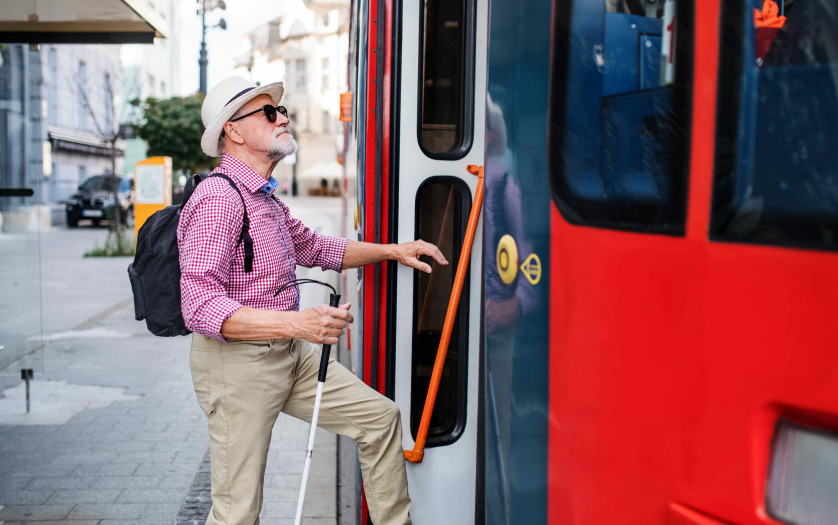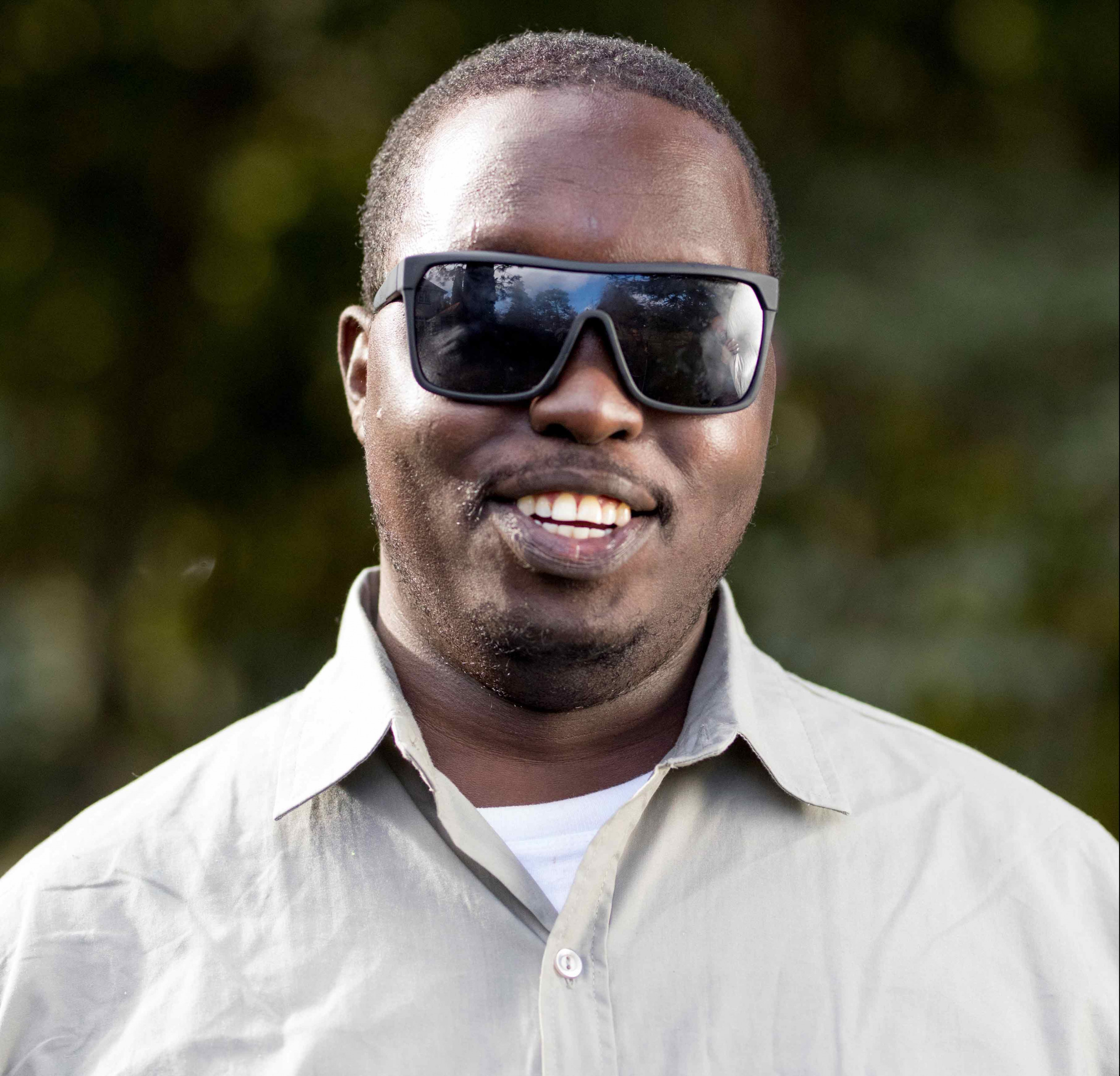Access to transport is a right to everyone

This is emphasized by the sustainable development goal 11, that calls on ensuring that cities and human settlements are inclusive, safe, resilient and sustainable.
This is not the case for many Kenyans with vision disabilities. The question however that lingers is, is everyone actually accessing transport?
According to studies, 95% of Kenyans who are blind or have low vision relish on public transport.
My adventure on transport has led me into tragic moments of facing the real barriers to inclusion.
I would love to be independent most of the time, but the environmental and attitudinal barriers keep me at a bay. To start as a blind person, I have to plan my movements from point A to B.
Yet, the movement plan doesn’t warrantee a safe return.
This is because of the existence of inequalities in the transport sector in Kenya.
In my recent escapade, a driver crushed my white cane and he obviously spilled me the ableist statement: “Why couldn’t you see?”. He expected me as a blind fellow to see!
These are some of the traumatic incidents which disabled individuals who are blind, and vision impaired face while accessing government and private services.
It’s imperative to say that the lack of pavements and walkways within all Kenyan road infrastructure has continued to promote inaccessible environment. Additionally, shared space that exist is an international disgrace.
I understand why many blind and vision impaired Kenyans have either to pay more for a sighted guide or even be very highly dependent on others, such as parents or relatives.
More broadly, accommodating disability is often done in such a perfunctory, ungracious manner that it makes disabled people feel “alienated,” lesser and separated from the rest of us.
All in all, the lack of implementation of accessibility standards, and lack of universal design on roads has led to discrimination of blind and vision impaired Kenyans, more of them have become poorer.
This is because of using resources that could have been used to service other issues like the sighted counterparts.







